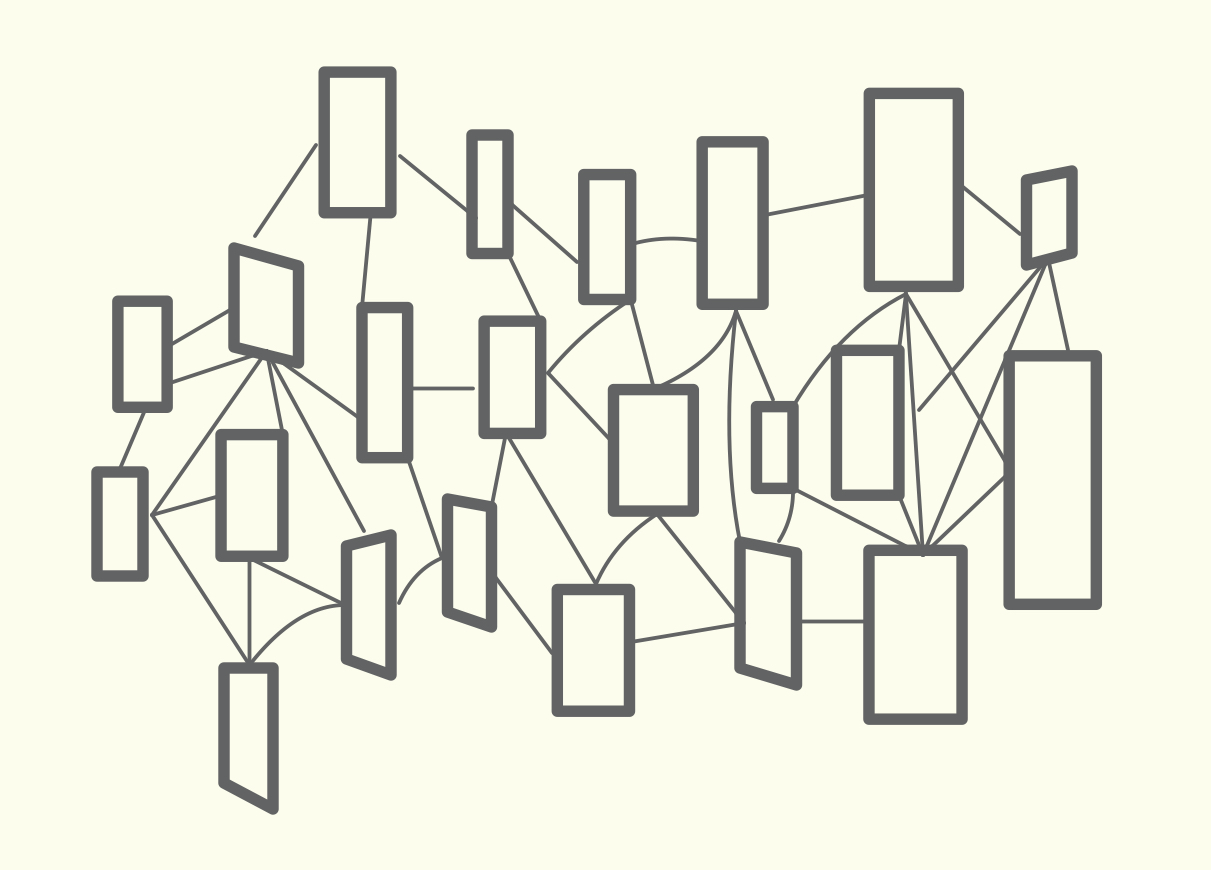Relational Memories
Fr, 09/07/2021 – 10:00 bis 12:00
Online via Zoom
Panel with Ingo Zechner and Fabian Schmidt at the Fifth Annual Conference of the Memory Studies Association on “Convergences” in Warsaw
As visual media play an important role in shaping memory, we are rethinking the role of visual materials in the formation and transformation of memory from a perspective that views relations as a fundamental principle incorporating historical contexts, specific events, and particular places.
When based on historical records (either implicitly or explicitly), visual depictions of the past may become iconic images that tend to turn into placeholders for historical events. Yet memories are neither static nor delimited. Visual memories migrate into different registrations within popular culture; they are transformed, remediated, and used in a variety of contexts, circulated in films, artworks, graphic novels, and exhibitions as well as on digital platforms. We define such forms of connected visual memories as relational memories.
In our panel, we view relations as a fundamental principle that incorporates historical contexts, specific events, and particular places. This expands to include forms of relations established through collections and archives, the montage, collage, and assemblage of visual materials in various media, the ways in which images establish their relations with other images, and the linking of visual records with other data in digital environments.
Each presentation will revisit from different perspectives the film documents and other visual records created by the Allied Forces as they liberated concentration camps and other atrocity sites. We will use this footage and its function to visualize the Holocaust as a challenging test case for the combination of digitized film documents with other digitized assets from the history of the Holocaust (e.g. testimonies, historical text documents and photographs), and for the comprehensive annotation, mapping, and analysis of individual events and places, stories, formal and narrative patterns. Establishing new and sometimes unforeseen relations, with the aid of technological innovations, we will offer a closer inspection of, and intensified engagement with, the visual history of the Holocaust as a network of relational memories.
Chaired by Tobias Ebbrecht-Hartmann (The Hebrew University of Jerusalem) and with a response by Anna Reading (Kings College London).
